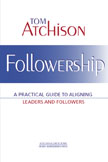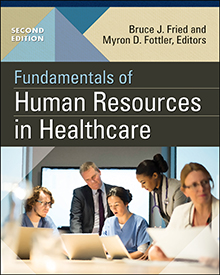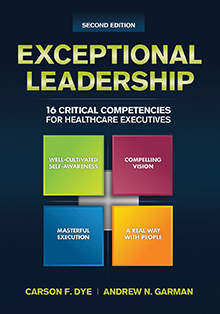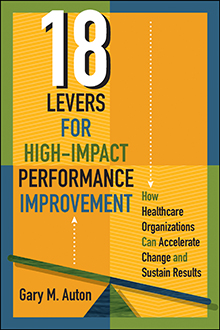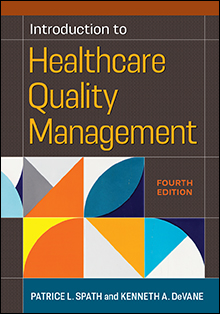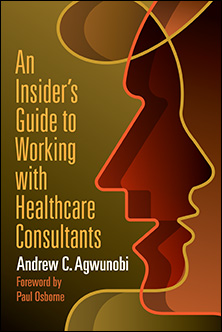Contents
Dunn and Haimann's Healthcare Management, Eleventh Edition
Rose (Rosemarie) T. Dunn, FACHE
Hardbound,
952pp,
2021
- Digital Access: $69.00 180-Day Access on ACHE Activate
- Print: $115.00
By Topic:
By Collection:
- Management Series
- Digital Publication
Book Description
Instructor Resources: Test bank, PowerPoint slides for each chapter, and suggested class activities and individual student assignments.
Healthcare organizations strive to keep pace with breakthroughs in medical science and technology, demands for transparency of outcomes, an increasingly educated customer base, global health threats, and ever-changing federal regulations. As these elements continue to evolve, organizations are tasked with employing well-trained and dynamic healthcare managers to lead in a time of perpetual transformation.
Dunn and Haimann’s Healthcare Management provides a definitive overview of healthcare management, organized around five primary functions: planning, organizing, staffing, influencing, and controlling. The book ties these primary functions together through clear explanations of management theories, tools, and other foundational information. It also explores the role of supervisors, behavioral factors, and generational stimuli that motivate employees within the conceptual framework of managing.
This eleventh edition incorporates significant new material while retaining the book’s emphasis on basic managerial concepts and functions. Extensive updates and new content include:
- New coverage of big data, bundled payments, business intelligence, patient-driven payment models, disruption, Icarus Syndrome, and artificial intelligence
- Discussion of the emerging trends confronting today’s healthcare organizations
- Definitions of the planning function and the distinction between strategy and planning
- An exploration of new technologies, including social media, virtual team software applications, and crowdsourcing, and their impact on management decisions
- Information on prominent management concepts and theories, including Covey’s Wildly Important Goal, Doerr’s Objectives and Key Results, and Sirota's Enthusiastic Employee model of motivation
- Analysis of connective processes, quality improvement, compliance, regulatory issues, and collective bargaining
A healthcare system will always be better positioned to grow and adapt if its managers have mastered the primary functions covered in this book.
Book Details
Order Code: 2431
ACHE Activate ISBN: 978-1-64055-510-5
Print ISBN: 978-1-64055-221-0
ePub ISBN: 978-1-64055-223-4



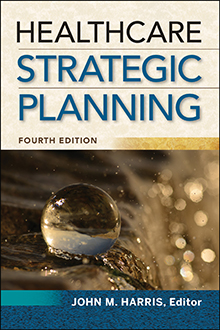




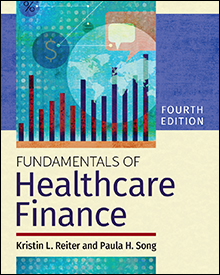


 ACHE Web-61827e0b.jpg?w=160)
